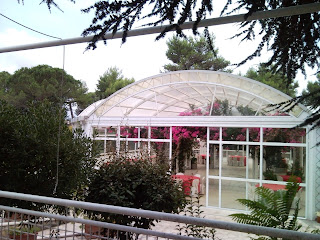The third lecture was a post-study observation where Linda reflected on the outcome of the report since 2006. She said that the report had started a discussion amongst the software engineering community where some argue that ULSS are not new classes of systems and there are already ULSS today, and she acknowledged that there are. ULSS does not mean that the old practices have to be abandoned, they are still needed for some types of systems (not all systems are ULS). Also, many argue about definitions but these are not that important, it really doesn’t matter if you call it ULS, System of Systems, Complex Net-Centric Systems etc.
Linda finished her lectures by providing an overview of some general computing trends and emerging technologies and asking us to think about how these trends and technologies can be used to address the challenges of ULSS.
General computing trends: loose coupling, global distribution of hardware, software and people, horizontal integration and convergence, virtualization, commoditization of technology, end-user empowerment, large-scale data mining, low energy consumption, multi-core and parallelization.
Emerging technologies: cloud computing, complex event processing, data intelligence, end-user programming (web-based), green computing, mobile computing, opportunistic networks, self-* computing).
I'm going to keep a separate blog post about the project work.



No comments:
Post a Comment